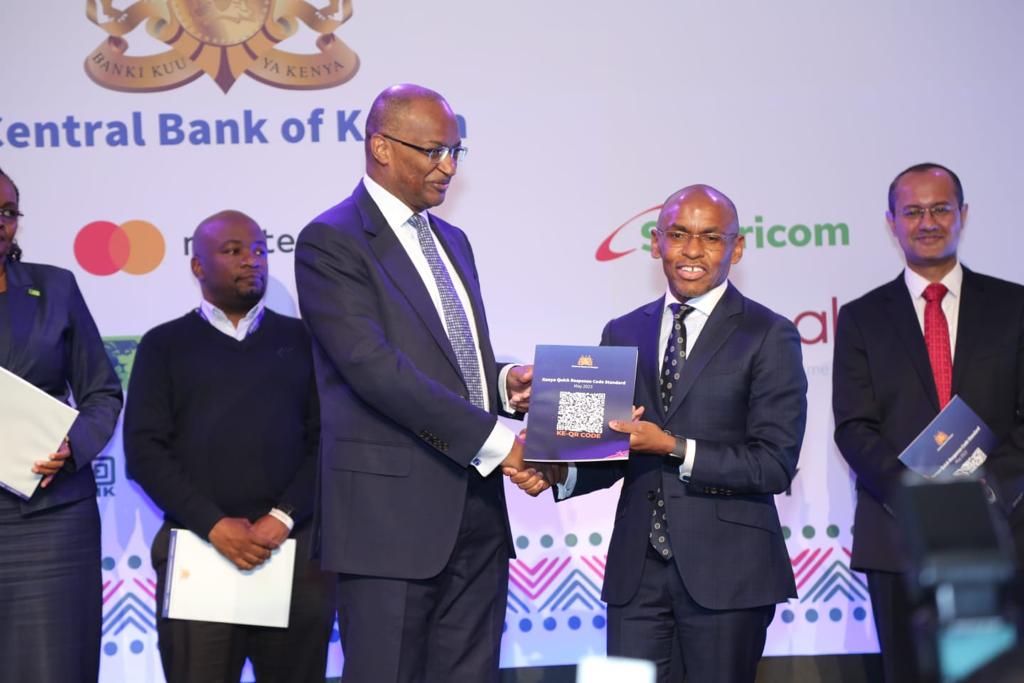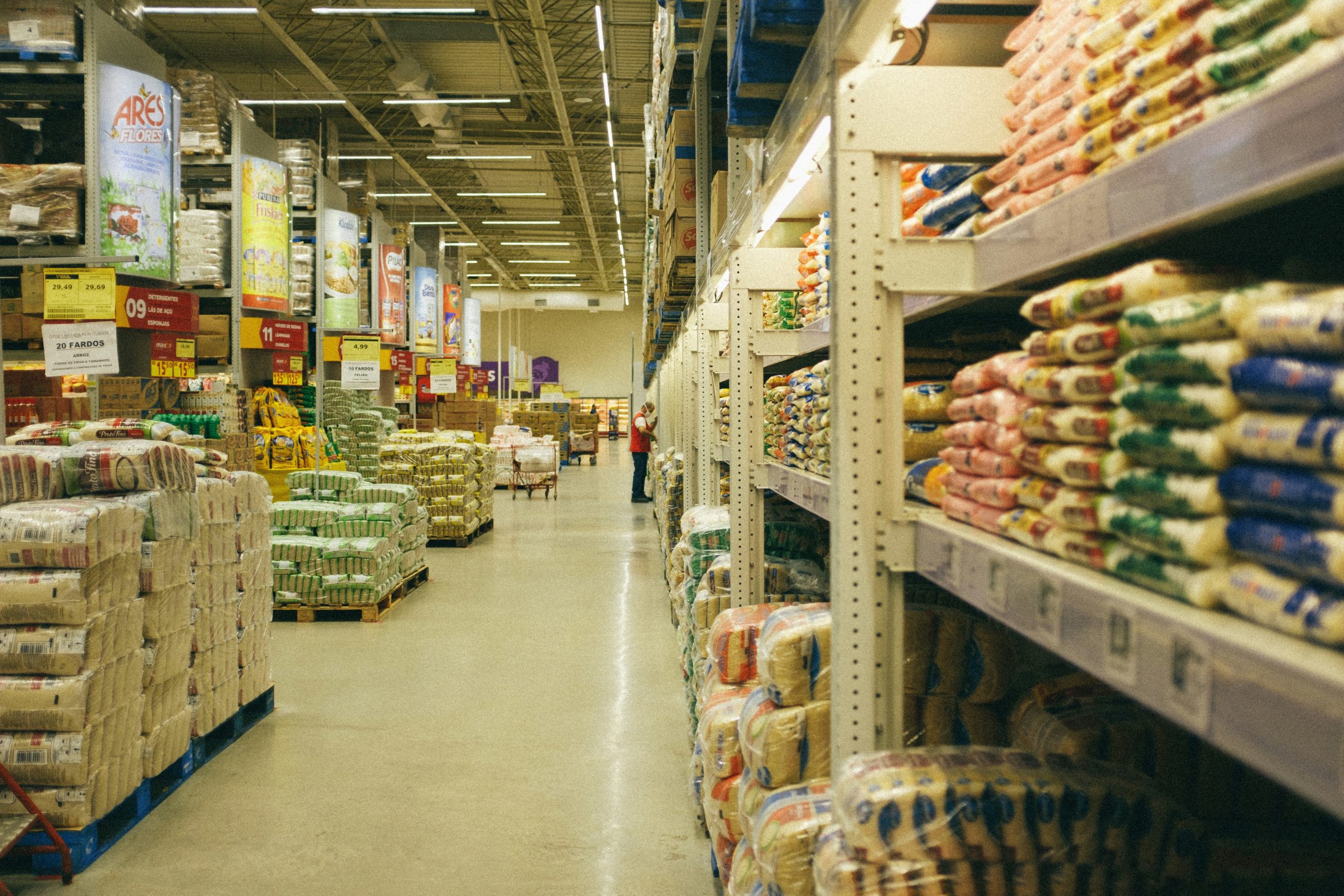The Central Bank of Kenya (CBK) has announced the Kenya Quick Response Code Standard 2023, also shortened as KE-QR Code Standard 2023. The service seeks to boost digital payments, which are offered by multiple financial institutions in the country. These companies usually have in-house payments solutions, meaning customers can only use a channel that has been implemented by a vendor. To this end, the CBK wants to eliminate that friction through this latest collaboration.
The issue
Kenyans have been using till and paybill numbers for an extended period when paying for goods and services. However, and for a long time, many payments companies, including banks and mobile money institutions, failed to work together to make their products interoperable. This issue has since been addressed following the CBK’s intervention, which forced Safaricom’s hand to accept other players to use its M-PESA paybill and till numbers (Airtel Money and T-Kash). The move was welcomed by customers, but it was only limited to mobile money products.
Lender Equity attempted to fix the issue with another product named Equity One Number, which allows merchants to receive payments from multiple payment channels or mobile money wallets via a single till number.
Equity’s approach appears to be what the CBK has adopted, but instead of using till numbers, customers will now be required to scan a QR code to make a payment.
Kenya Quick Response Code
According to the CBK governor, Patrick Njoroge, merchants will now be able to receive payments from multiple channels, be it banks (Equity, KCB, Cooperative Bank, Absa, and more), mobile money wallets, and other payment processors such as VISA and Mastercard.
“The Standard, which is based on the EMVCo QR Code Specification, has been developed through collaboration between the CBK, payment service providers, banks, and card schemes, among others,” a statement from the CBK reads. “The Standard will be rolled out in a phased approach as these players align their operations to requirements set out in the Standard and increase customer awareness,” the statement continues.
This means that merchants no longer need to install multiple paybill or till number systems for their businesses.
Customers, on the other hand, will enjoy a fairly direct and secure digital payment option, with more payment choices and better protection. They can make payments quickly using their preferred payments channel, without having to carry cash. According to a statement, they can trust that their payment information is secure and won’t be shared with merchants.
“QR payments use an EMV standard for QR codes which mitigate many of the risks commonly associated with QR payments today. Consumers are in control throughout the process, from initiating the payment, confirming the transaction amount, and authorising payment. The consumer does not have to hand over their payment device to a clerk during a QR transaction,” reads the aforementioned statement from CBK.
To accept QR code payments, merchants will present the code to the customer, who will scan it to initiate the transaction.
However, it is not clear whether merchants will implement QR codes for payments at their places of business. This is because they already have other channels (paybills for mobile money wallets and POS machines for card payments) that have proven quite popular among Kenyans. Equally important is that many locals use M-PESA services and have become accustomed to settling their bills using the platform. At the moment, more than 600K businesses have till/paybill numbers for payments.






















